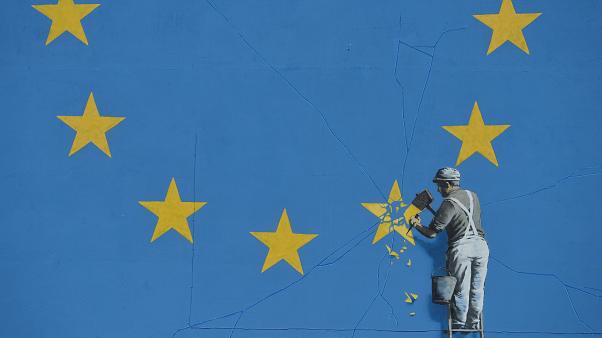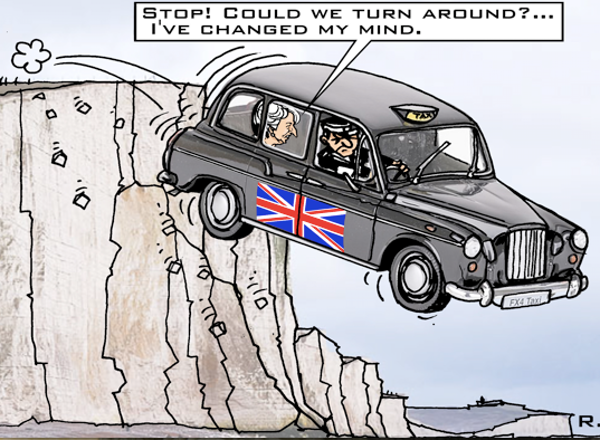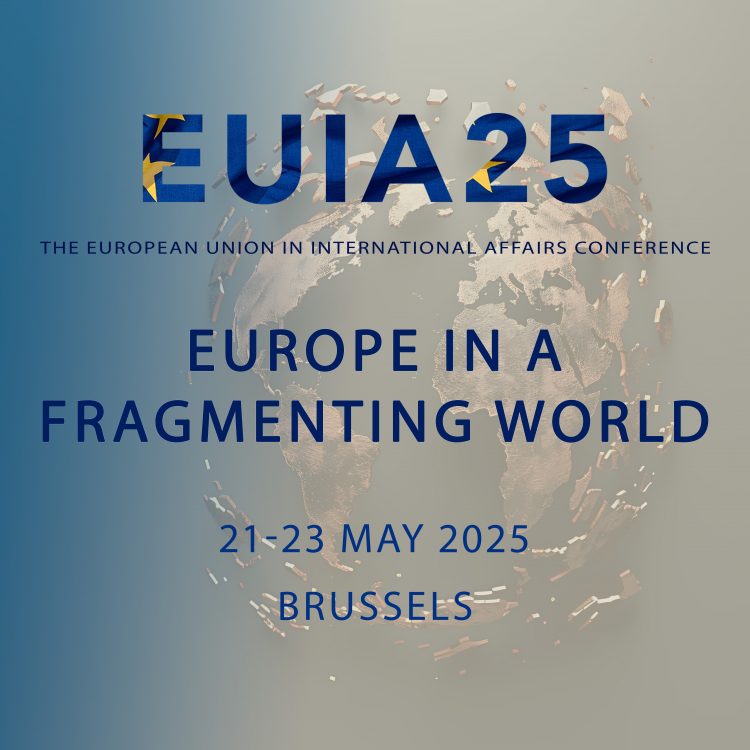Once a upon a time… Brexit was only a blurry, faraway project
Over fourth months prior to the popular vote that led to the event we know, Mario Telò – Professor at the ULB and former President of the IEE-ULB – analysed the potential impact for the European Union, and for the United Kingdom of the latter leaving the Union. Although fast-approaching, the fate of the U.K. did not seem sealed yet as the campaign was gaining in intensity.
Pourquoi le référendum du 23 juin n’est pas gagné d’avance ? Sur le papier la plupart des conservateurs plus les libéraux, les travaillistes et les nationalistes écossais ont la majorité. Mais les sondages montrent les hésitations de vastes secteurs de la population face à un discours pro-EU calculateur basé uniquement sur les intérêts économiques nationaux
Read the full article (in French) here.
Oh well, it did happen. Feeling hungover now?
When the world opened their eyes on the morning of June 24th 2016 to the announcement of a Brexit happening, it set a shock wave across Europe. Diving into the unknown of the negotiations and what was to come, all of it felt like a hangover that stretched out for (too) long. Amandine Crespy and Nathalie Brack, professors at the IEE-ULB gave us their analysis a couple of days after the vote:
In the light of what we know about national referendums on the EU, and given the current political climate, Brexit is not as surprising as it seems to be. The two largest parties were divided and running separate campaigns. Historically greatly divided on Europe, the ruling Conservative party bears the bulk of responsibility in the failed referendum.
And many questions about the future of the U.K. and what the negotiations will look like followed. Crespy and Brack continued: “Will we witness an increased polarisation between both visions? The latter scenario would possibly lead to significant reconfigurations of EU policies and institutions if member states have to decide whether they are where they want to stand. (…) European leaders, and the Franco-German couple in particular, should have the courage to face this moment of truth together with their constituencies. The EU is not sustainable as it is today. If most European leaders agree that they need Europe, they have to provide a positive answer to the question “Europe, what for and how?””
Read the full article here.
Jean-Victor Louis, President Emeritus of the IEE-ULB, joined this analysis on what a Brexit “à la carte” would mean. He provided a glimpse at the difficult negotiations that would follow the triggering of Article 50 TFEU. Le gouvernement britannique semble considérer qu’il est possible de choisir dans les diverses politiques celles qui conviennent ou non au RU. Il y a à cet égard une division entre ceux qui considèrent que la priorité doit viser « le contrôle de l’immigration », le point le plus mobilisateur de la campagne en vue du Brexit alors que d’autres mettent l’accent sur la participation au marché intérieur.
Louis continued his analysis:
En d’autres termes, une participation partielle à l’Union et, en particulier, à son marché intérieur, qu’a expressément rejetée le président Juncker, ce 14 septembre, dans son discours sur l’état de l’Union en condamnant « l’accès à la carte au marché intérieur » – serait pensable aux yeux (d’une partie ?) de l’opposition et du gouvernement britannique.
Read the full article (in French) here.
Let’s take a step back and put things into perspective: a historical point of view
In 2017, the IEE-ULB opened its Academic year with a conference by historian Kiran Klaus Patel, to discuss the historical dimension of Brexit.
The recent history of Brexit and other potential exits from the European Union demonstrate the need to overcome the linear lecture of a European integration history that only leads to a stronger union and to consider the dynamics of independence that participate in that history.
The historical dimensions of Brexit underlined by Patel are a reflexion of the complex relationship between the integration and disintegration that bestrew European integration. The cases of Greenland and Algeria exemplify this double dimension where the quest for sovereignty and independence is accompanied by a will for closer relations with the former European Community through association agreements.
Read the full article here.
Tangled in negotiations
Skipping two years and a half after the vote, and over a year and a half after the triggering of article 50, things did not seem to be going any smoother in the negotiations. Our students from Eyes on Europe gave us an analysis of the first draft agreement, and the difficult Irish border issue, in an article signed by then student LorikRexha.
Au fur et à mesure que les négociations avancent, il semble que les deux parties n’arrivent presque plus à s’entendre. De son côté, le gouvernement britannique en est même arrivé à publier des fiches préparant les citoyens et entreprises aux conséquences d’un no deal. La Commission a entrepris la même tâche, confiée à Martin Selmayr.
Read the full article (in French) here.
Lost in translation
Uncertainty was the word of the day for a long-time regarding Brexit, in all sectors, included the EU Area of Criminal Justice. In a conference organised last year by the European Criminal Law Academic Network (ECLAN) about the future of the European penal area in the context of Brexit, there were more questions than answers.
What are the future perspectives on police and judicial cooperation? On which mechanisms the collection of evidence and the extradition of suspected criminals could be based between the UK and the EU after Brexit? What is the opinion of UK civil servants, practitioners of Europol and Eurojust and academics on the concrete impact of Brexit on EU criminal law? Will Brexit really happen?
Read the full article here
Fast-forward
But then, what future for the relationship between the European Union and the U.K. in the post-Brexit era? This was the subject of a debate in the frame of the thematic year “Europe of knowledge” organised by the ULB and our Institute in 2019.
Read the article here.
Ending with a touch of the proverbial British humour
Brexit has been a roller coaster ride of biblical proportions. Its ups and downs are not over yet, but in the end, as British as can be, we can all sit back and laugh about our own pain. We end it for now with a Brexit LOL, with an analysis of the cartoons in the British press by Julie Vander Meulen (CEVIPOL, IEE-ULB), along with Anne-Sophie Behm (FNRS, CEVIPOL) and Guillaume Grignard (FNRS, CEVIPOL).
Read the full article (in French) here.
© Image: Bansky





